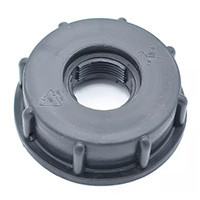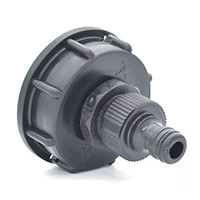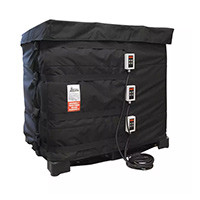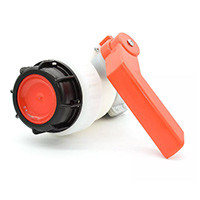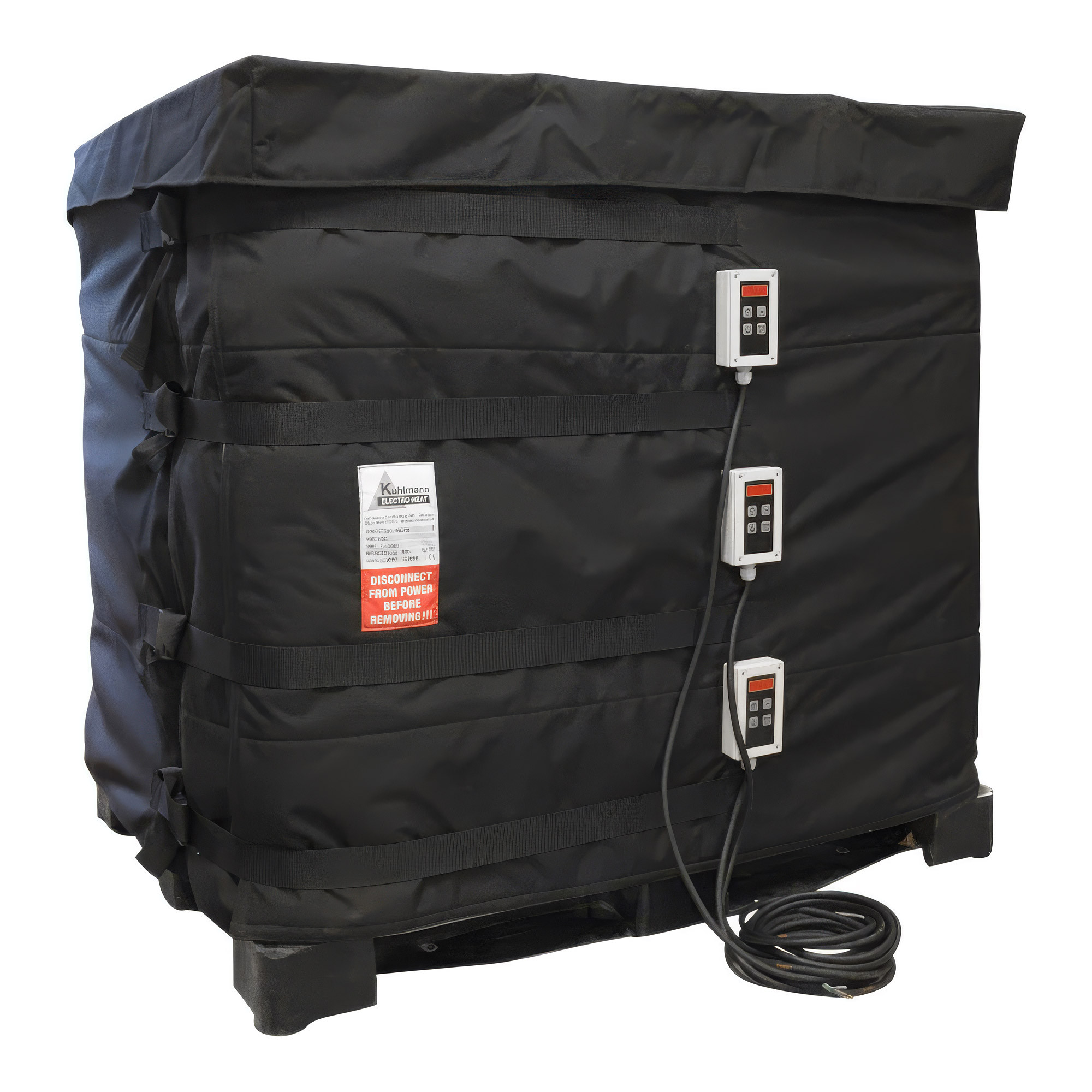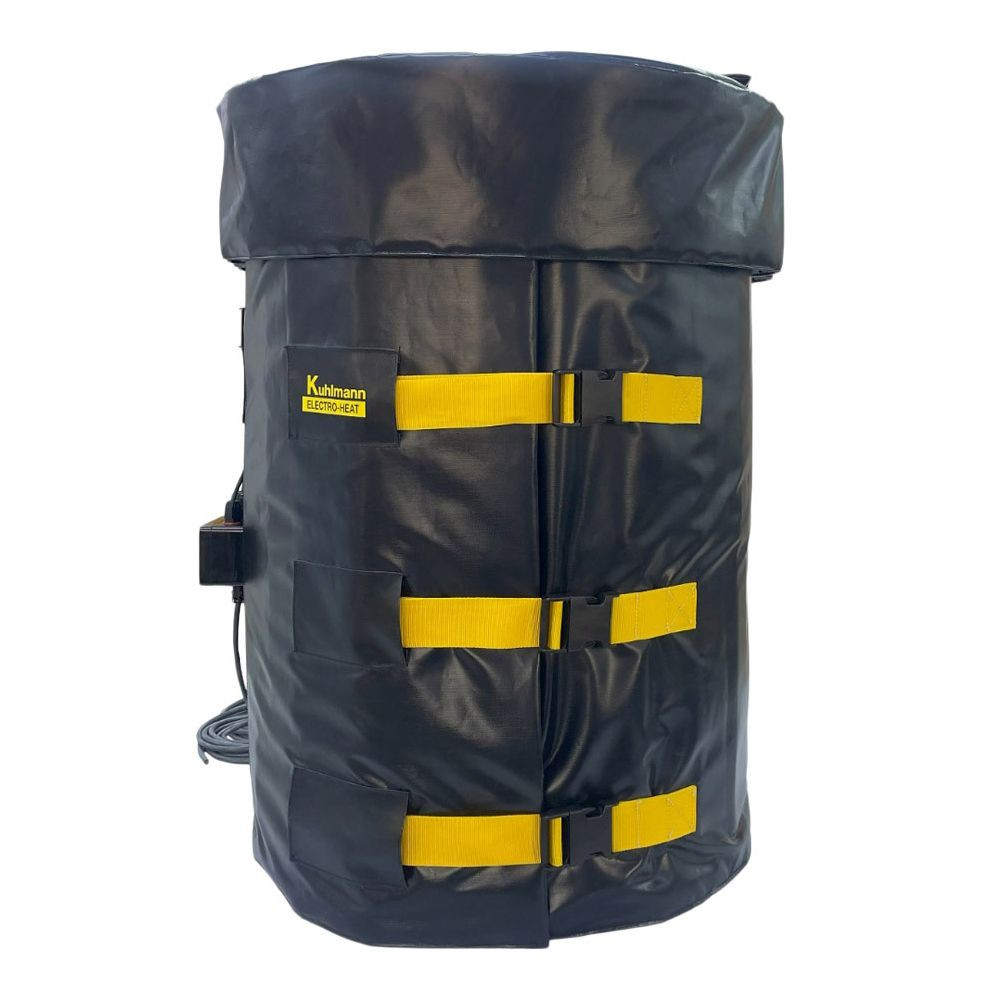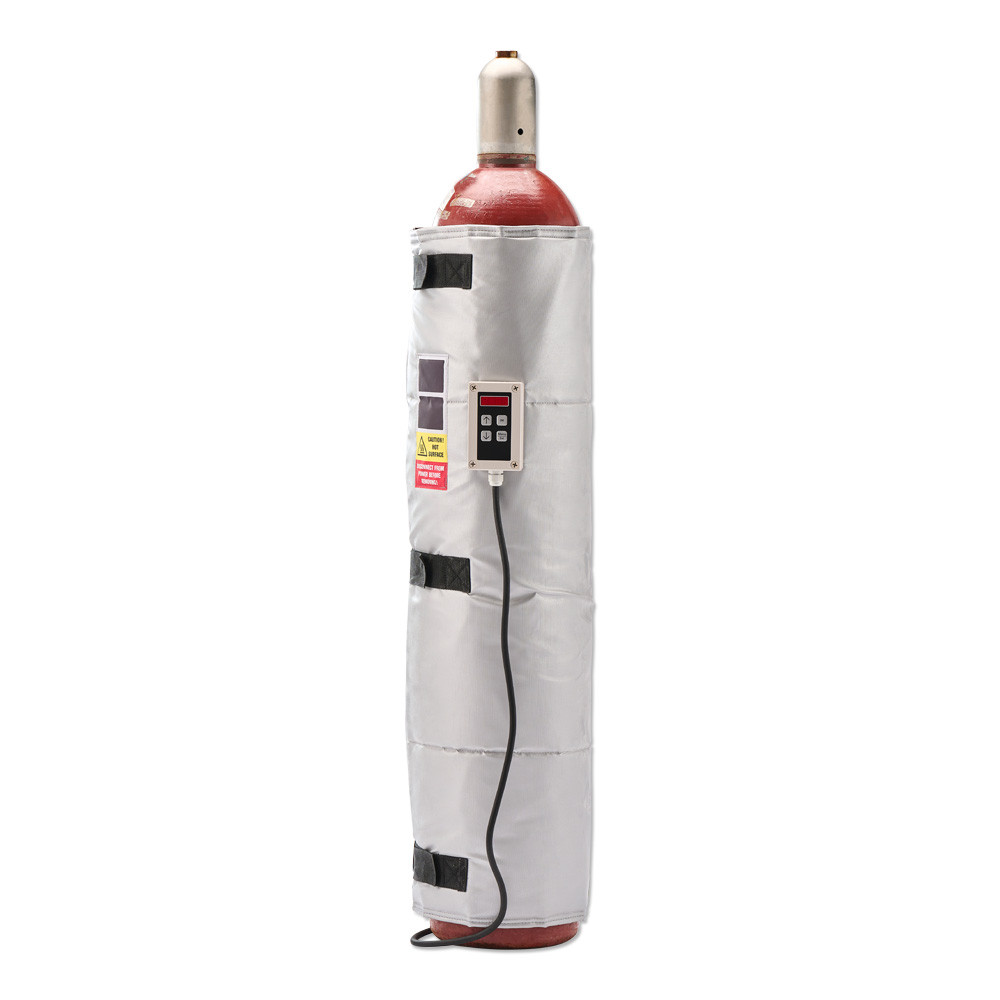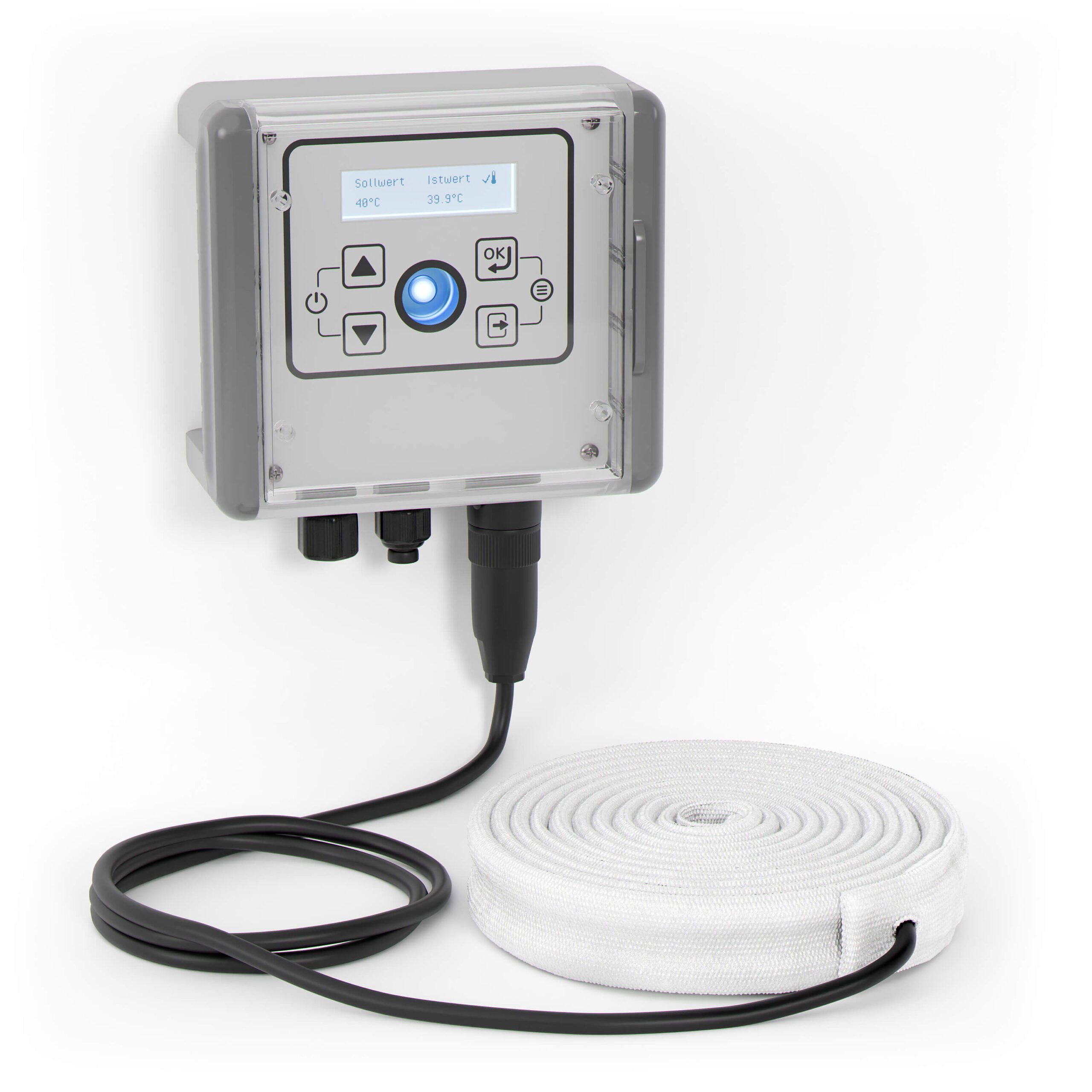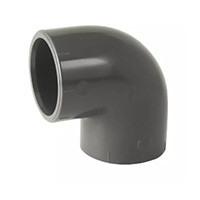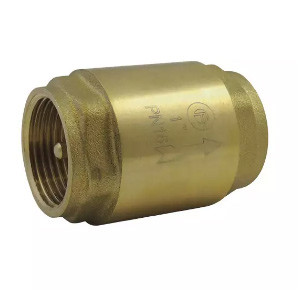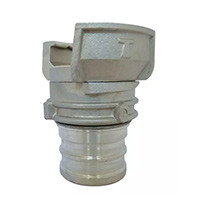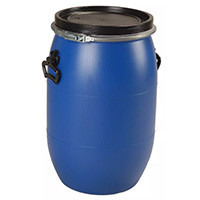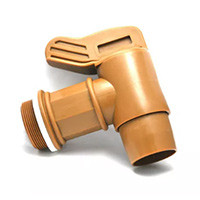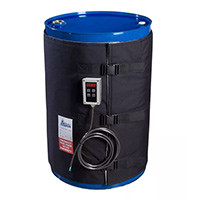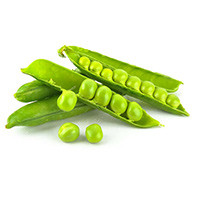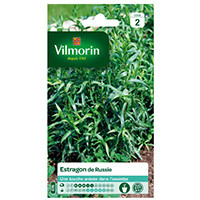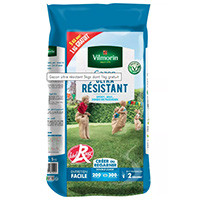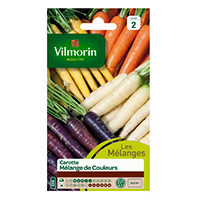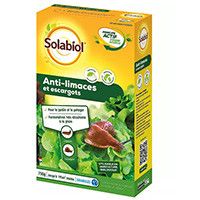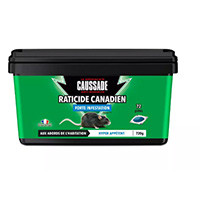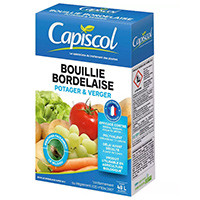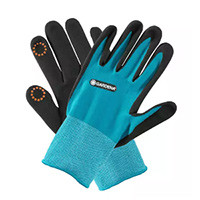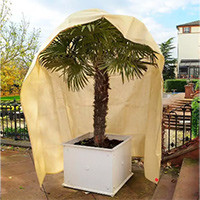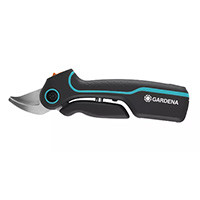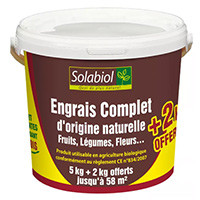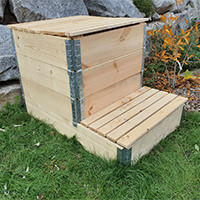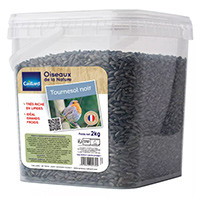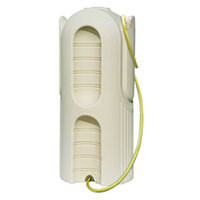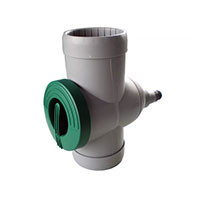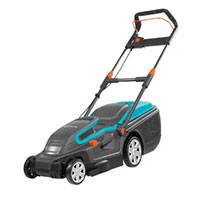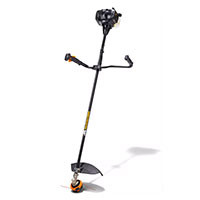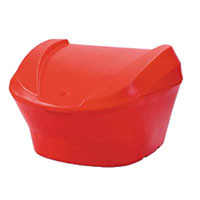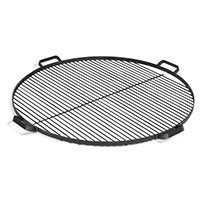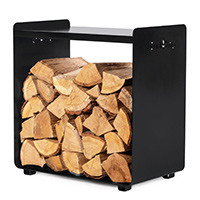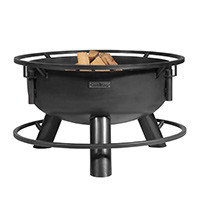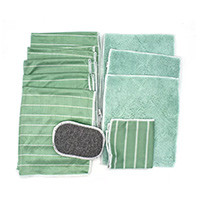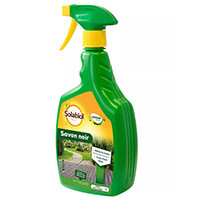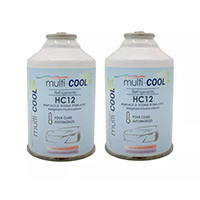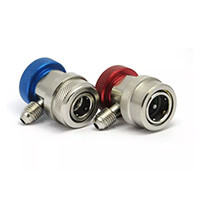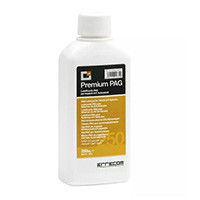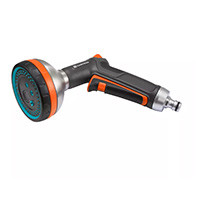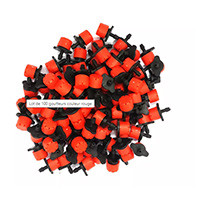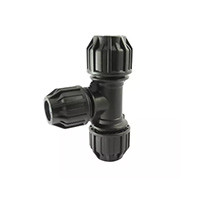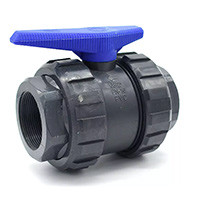
Our tips for growing your garden without leaving your home!
Categories : Advice
Our tips for growing your garden without leaving your home!
The period of confinement has shown this: it is not always possible to go to a specialized store to buy everything you need for gardening. Here are some tips for growing with the resources you usually have at home. You will see that according to the established formula: nothing is lost, nothing is created ... Everything is transformed!
Convert banana peels into fertilizer
Bananas are rich in vitamins and minerals - magnesium, potassium, phosphorus - which makes them a very good material for fertilizer. Instead of putting the skins in the trash, cut them into small pieces and bury them in the ground. The matter will gradually decompose, and provide your plantations with the nutrients they need.
Our tip: you can also soak them in water for a few days. Once rid of the skins, the liquid obtained will be used as irrigation water which will give a boost to your plants.
Transform cooking water into a weedkiller
Thanks to the starch naturally present in pasta and potatoes, the cooking water acts as a natural weedkiller to fight against the proliferation of weeds - these famous "weeds". To do well, pour the water on the earth when it is still hot. It's simple, it's free, and it's unlimited!
The additional advice: just be careful not to pour too much salt water around your plantations. A high salt content could kill microorganisms which play an essential role in the fertility of the earth.
Transforming coffee grounds into slugs
Coffee grounds, you produce each morning at breakfast ... And it is the best repellant against slugs and other snails which come to nibble your salads! You just need to brush on the soil surrounding your plantations to create a grainy barrier that will discourage pests.
If you are lucky enough to have a fireplace at home, know that the method works on the same principle with wood ash.
Note: coffee grounds are also an excellent natural fertilizer. It is used in particular to fortify tomato plants or hydrangeas ... As long as you do not exaggerate on the quantities (a handful of marc = 1 kg of soil).
Transform cardboard / newspapers into mulch
Can't buy mulch and don't have dried leaves or lawn mowing available? Replace them with cardboard or newspaper! By covering the soil around your plantations, you will prevent weed growth and save water by keeping the soil moist. To do this, water generously before installing the mulch, then also water it once it has been laid.
Good to know: do not use cardboard or colored newspapers to mulch around your plantations ... The colored ink could spread on and in the ground.
Transforming waste into sowing material
No need to get seedlings: you have everything you need at home! Your egg cartons, yogurt jars, toilet paper rolls and cans will serve as containers, and the top of your plastic bottles will make perfect little bells to keep your seedlings warm. As for the seeder, a sheet of paper folded in half will do just fine ... Like what, you can do a lot with not much.
The bright idea: to find out what you have planted or sown, use pieces of crates as labels. All you need to do is write the variety in permanent marker and stick the label directly in the ground, and voila! Easy, right?
Converting peelings into compost
If you have a garden, use your fruit and vegetable peelings, pieces of dry bread, egg shells and other food scraps - avoiding adding food such as meat, fish or cheese - as compost.
No need for a bin for this: you can also compost "in a heap", that is to say by stacking (up to 1.5 m, not higher!) The elements directly on the ground after covering it absorbent materials such as dead leaves, crushed stems, twigs ... To avoid being invaded by midges and bad smells, consider covering kitchen waste with dry materials - dead leaves, hedge trimmers, papers, cartons, etc.
Please note: the pile should be placed in the shade and protected from wind and rain. Also monitor the moisture level of your compost by turning it over regularly. If it is too wet, spread it out to allow excess water to drain out, and if it is too dry, add water to it - preferably rainwater that is collected and stored.
And if you are looking to buy gardening equipment, don't forget that the Multitanks.com site is open for delivery. You can find our products online!
Share this content





